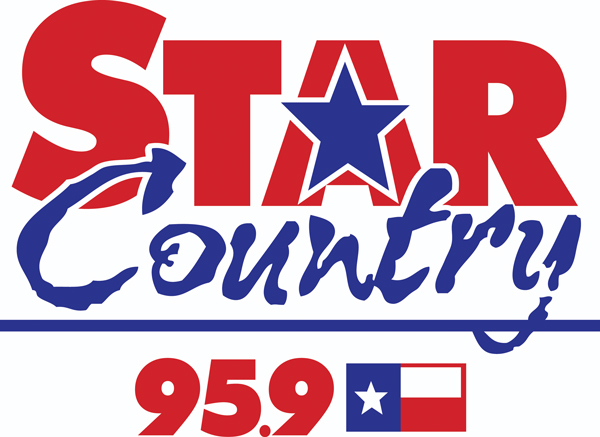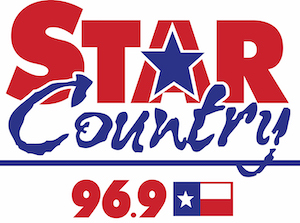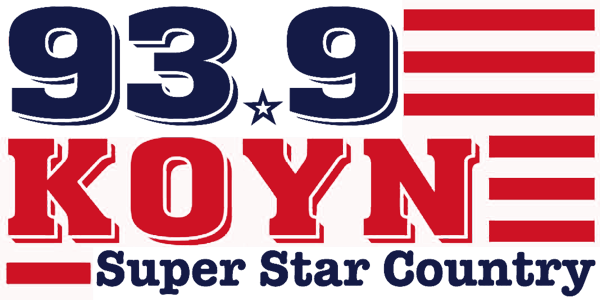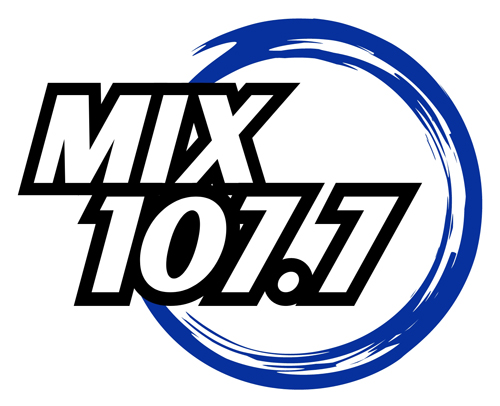Protect yourself from “storm chasers” after a natural disaster.
Natural disasters like storms, tornadoes, hurricanes, flooding, and wildfires often bring out the best in people as strangers reach out to help others in need. Unfortunately, the aftermath of a crisis also brings out contractors taking advantage of those who have already suffered.
Local contractors may be busier than usual with new customers after a natural disaster, meaning victims of storm damage may be antsy to hire a contractor to fix their home repairs as quickly as possible. It’s important to stay vigilant.
BBB warns homeowners affected by natural disasters to beware of “storm chasers” and out-of-town contractors soliciting business. Although not all storm chasers are scammers, they may lack the proper licensing for your area, offer quick fixes, or make big promises they don’t keep.
When hiring a contractor, it would help to get three estimates, get everything in writing, and pay with a credit card.
How to avoid these scams
- Do your research. Look for the Accredited Business Seal on BBB.org to find businesses you can trust. Check your state or provincial government agency responsible for registering and licensing contractors. Get references from friends and relatives.
- Resist high-pressure sales. Some storm chasers use tactics such as the “good deal” you’ll get if you hire the contractor on the spot. Be proactive in selecting a contractor and not reactive to phone sales calls or door-to-door pitches with too-good-to-be-true offers on price and timelines. Disaster victims should never feel forced to make a hasty decision or to choose an unknown contractor.
- Be especially careful of door-to-door contractors. Many municipalities require a solicitation permit if salespeople go door-to-door. Ask for identification. Check their vehicle for a business name, phone number, and license plates for your state or province.
- Wait to sign over insurance checks to contractors. Get an invoice from the contractor and pay them directly, preferably with a credit card, which offers additional fraud protection over other forms of payment. Don’t sign any documents that give the contractor rights to your insurance claims. Be sure to read any documents or contracts carefully before signing them. If you have questions, contact your insurance company or agent.
- Be cautious of requests to pay for everything up front. “Storm chasers” may request a full or large down payment before work begins. This is a red flag, as the contractor now has your money and could choose not to return to complete the job. As mentioned, always pay with a credit card for additional fraud protection. If you have to pay a portion of the cost before any work begins, have a signed contract outlining the payment terms.
- Be wary regarding places you can’t see. While most contractors abide by the law, be careful allowing someone you do not know to inspect your roof and other areas of your house. An unethical contractor may create damage to get work. The same goes for attics, crawl spaces, ducts, and other places you cannot easily access or see.
- Get familiar with your home. Keep tabs on the conditions of your roof, siding, gutters, and other exterior areas often. If a storm damages your home, you’ll better understand what needs to be repaired versus what a “storm chaser” tells you should be fixed.
Read the full alert for more tips.
For more information
Visit BBB storm resources and natural disaster resources.
Read tips to help you find a reputable tree service company you can trust.
Find a contractor near you and read BBB’s tips on hiring a reliable contractor.
Report scams to BBB Scam Tracker.
Want more of these emails? Subscribe to BBB’s weekly Scam Alerts.








 EastTexasRadio.com Powered by Ten Stations
EastTexasRadio.com Powered by Ten Stations






